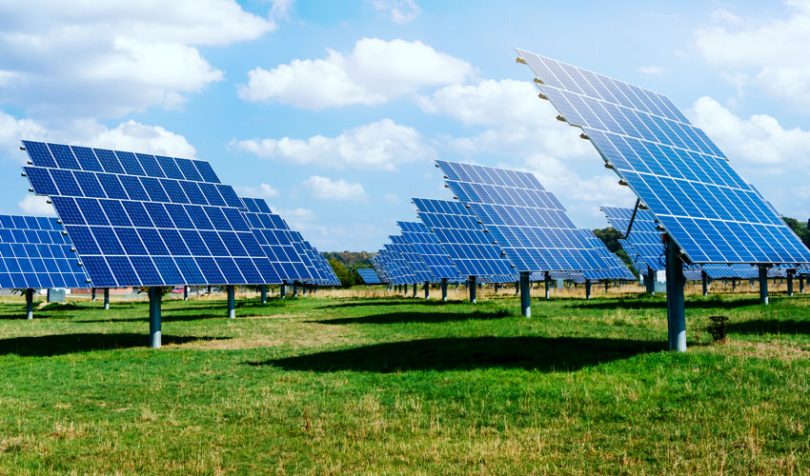Today the blockchain energy start-up LO3 Energy announced investments from Sumitomo Corporation Group and Shell Ventures. The investment will be used by LO3 Energy to scale their community microgrid operations.
LO3 Energy aims to enable excess renewable energy to be shared through its blockchain-based microgrids.
Kirk Coburn, Investment Director Shell Ventures said: “As we move into a less carbonized future, Shell aims to invest in innovative companies that will help enable the energy transition. LO3 Energy fits right in that space.”
Following the 2011 Fukushima earthquake, Japan’s nuclear power was switched off from 2012 to 2015. As of March of this year, only nine of Japan’s 57 nuclear reactors were online. The shortfall was compensated by fossil fuels and hence currently, Japan imports over 90% of its energy. The Ministry of Economy, Trade and Industry (METI) wants to reduce this figure to 30% by 2030. That was a key driver behind the deregulation of the energy distribution industry in 2016.
This was also a motivation behind Sumitomo’s investment. “Under drastic change and innovation in the power sector, especially rapid penetration of decentralized renewable energy, we have the intention to expand our business into the new field created by LO3 Energy,” said Norihiko Nonaka, Executive Officer of Sumitomo Corporation. “We will work together and support LO3 Energy’s further growth, which can realize a clean, environmentally sound community.”
LO3 Energy’s microgrids are based on its permissioned platform Exergy and uses the XRG token. Members of the grid can conduct peer-to-peer transactions. Prosumers, who both produce and consume their own renewable energy, may sell this energy on to other members of the microgrid in a transparent and traceable fashion. Excess energy can also be stored on the microgrid in batteries.
Recently, LO3 Energy has partnered with other Japanese companies as a potential solution to Japan’s energy challenges.
Conglomerate Marubeni is currently running a pilot which involves LO3 Energy providing a microgrid connecting Marubeni factories and offices. Excess renewable energy produced by Marubeni buildings can thus be shared out in a simulated market environment. The pilot was put in place with the aim of LO3 Energy to expand into the real marketplace after that.
LO3 Energy is also running a project with electronics manufacturer Kyocera Corporation. They are testing the viability of a blockchain based virtual power plant (VPP) which links together Kyocera’s solar panels and batteries.
Since the 2016 deregulation, there have been several other blockchain energy projects.
In January, Fujitsu introduced a blockchain-based system which allowed prosumers to trade with one another.
Another prosumer blockchain trading network was also announced late last year by a consortium including Kansai Electric Power, Unisys, University of Tokyo and Mitsubishi UFJ Bank.






